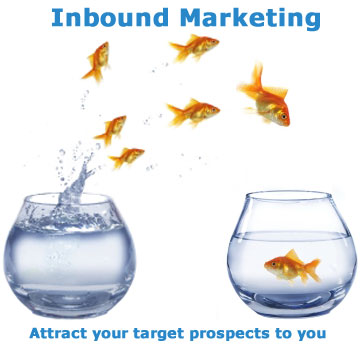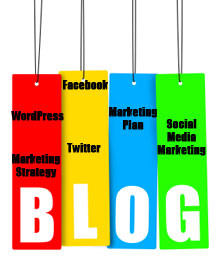Sign up for our monthly eNewsletter (sample) and receive your free marketing plan template that will help you create your winning small business marketing plan.
#mc_embed_signup fieldset {position: relative;}
#mc_embed_signup legend {position: absolute; top: -1em; left: .2em;}
.mc-field-group {overflow:visible;}
Email marketing via MailChimp
Article source: http://masterful-marketing.com/creating-a-content-marketing-strategy/

 Inbound marketing
Inbound marketing
